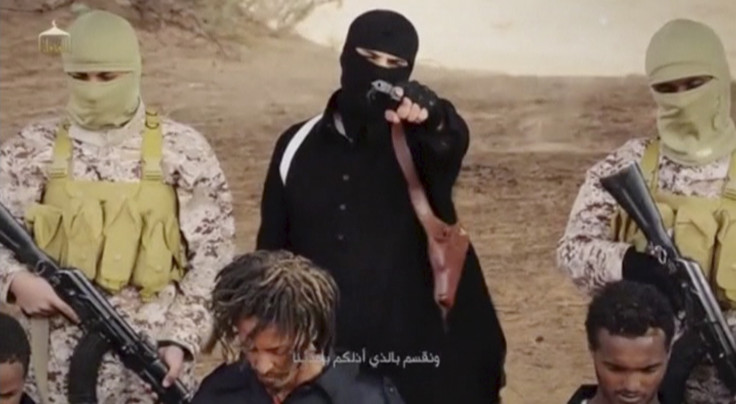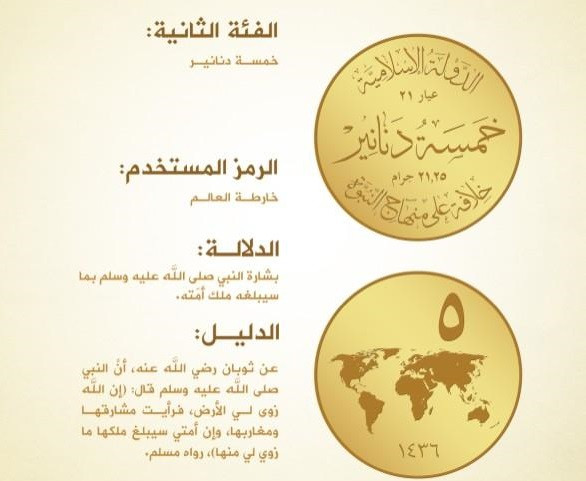Isis: Public health, fishing bans and sex slave guides make up rest of jihadi dossier

Islamic State (Isis) is violent, often morbidly so, and revels in committing and documenting acts of savagery against its perceived enemies that are as barbaric as they are attention-grabbing.
That much we know.
But there's more to the self-styled caliphate that crashed global headlines with its rapid advances in Iraq and Syria over the past year - and short of saying that it's not all bad, there is another side to the movement.
Call it the triumph of the practical over the idealistic, or the minor fightback of order against chaos, or something else entirely, but there's much to IS that is at odds with its public image.
Here's a closer look at some of these initiatives.
IS protects the rights of sex slaves (kind of, sometimes)
In late 2014, Islamic State published a pamphlet for the benefit of its fighters, telling them when it is and isn't OK to beat their sex slaves. The document stated: "It is permissible to beat the female slave as a [form of] darb ta'deeb [disciplinary beating], [but] it is forbidden to [use] darb al-takseer [literally, breaking beating], [darb] al-tashaffi [beating for the purpose of achieving gratification], or [darb] al-ta'dheeb [torture beating]. Further, it is forbidden to hit the face."
IS is mindful of the need to conserve fish stocks
The Deir az-Zor Province Agricultural Department has issued fishing regulations as a result of "the lack of oversight over the abundance of fish, paucity of awareness, and the greed and ambition of some of the fishermen and their audacity in carrying out fishing in ways that are illegal and harmful to the life of the people, the fish and the river environment."
Consequently, Islamic State banned the use of electricity in fishing because "it leads to extermination of many river/water creatures as well as congenital disfigurement for small fish and other river creatures"; the use of explosives; the use of toxins and other chemicals; and fishing at a "time of proliferation of the fish".

IS is into universal healthcare
IS used the British National Health Service (NHS) as a model for the launch of what its propaganda machine has described as the jihadists' own healthcare system in Raqqa, northern Syria.
An image depicting a doctor in a light blue gown with a stethoscope round his neck on a digital background reminiscent of medical television series was circulated on social media and blogs linked to the Islamist group.
"Islamic State Health Service – ISHS," a caption reads. "Coming Soon."
IS aims to replace lost limbs (just don't go to Turkey to get fitted)
In 2014, the Islamic State's General Supervisory Committee issued a notification announcing the opening of a factory that manufactures body parts in Wilayat Ninawa. It concluded: "So we ask the brothers who need a synthetic body part to go and register with the Diwan al-Siha in order for them to send for the desired part by writing to the factory."
The announcement also includes the following: "Please do not send any ill person to Turkey for the making of a part."
IS is cool with table football (conditions apply)
A fatwa issued by the Islamic State allowed militants to play table football in their free time under one condition: that the figures are decapitated. The religious edict, translated and shared by British analyst Aymenn J. al-Tamimi and published by Radio Free Europe/Radio Liberty, was issued by the IS al-Buhuth wa al-Eftaa committee, which provides religious backing for the jihadists' strict policies.
IS is against smoking
Isis imposed Sharia law in Raqqa, Syria, when it took control of the northern city in 2014. Its interpretation of tobacco is plain to see as Islamist fighters burn a truckload of confiscated cigarettes.
IS is against knock-offs
Another fatwa covers the tricky issue of replicating global brands for sale. The practice is discouraged but is not completely outlawed with the following conditions on merchants who use an existing brand name on products:
- He must write around the name of the brand with the same point - i.e. size of writing - "imitation" so that the buyer is not deceived in the product;
- The price of the imitation product should be lower than the price of the original product.

IS has a mint
In November 2014, IS announced the introduction of a new coin-based currency in its territories.
The group's "treasury department" said it is starting to mint gold, silver and copper to produce a new currency named Dinar.
IS said the Dinar will help rid Muslims of the "satanic usury-based global economic system".
IS dislikes pigeons
In February, IS banned the raising of pigeons on rooftops with this straightforward order:
"All those who keep pigeons above the roofs of their houses must stop doing this entirely within a week of the date of the issuing of this statement and whosoever violates it will be subject to consequences of reprimand including a financial fine, imprisonment, and flogging."
IS is also a publisher
IS has a glossy propaganda magazine called Dabiq. Named after a key site in Muslim apocalypse mythology, the publication is aimed at recruiting jihadists from the West. It is sophisticated, slick, beautifully produced and is printed in several languages including English.

And finally, IS cares about men's grooming
Witnesses in Mosul claim the Islamic State has handed out leaflets in the city ordering all men to grow full beards or face punishment and banning shaving facial hair on the ground that it is forbidden under Sharia law.
The leaflet claims that the edict became compulsory on 1 June.
"What hairdressers do today, shaving and trimming men's beards, is an accessory to sin," it reads, according to a translation by AFP.
The Syrian Observatory for Human Rights, a London-based opposition group, said that IS ordered the shaving ban in the city of al-Mayadin in eastern Syria back in December.
© Copyright IBTimes 2025. All rights reserved.






















